Research Projects
 Numerical Relativistic QM: The repulsive and/or attractive effective interaction generated by a photon bouncing between two massive dirac particles.
Numerical Relativistic QM: The repulsive and/or attractive effective interaction generated by a photon bouncing between two massive dirac particles.  Classical Field Theory: Radiation-reaction for charged surfaces
Classical Field Theory: Radiation-reaction for charged surfaces  Classical Field Theory: Joint evolution of charged particles coupled to a massive scalar field in one space dimension
Classical Field Theory: Joint evolution of charged particles coupled to a massive scalar field in one space dimension QM Textbooks
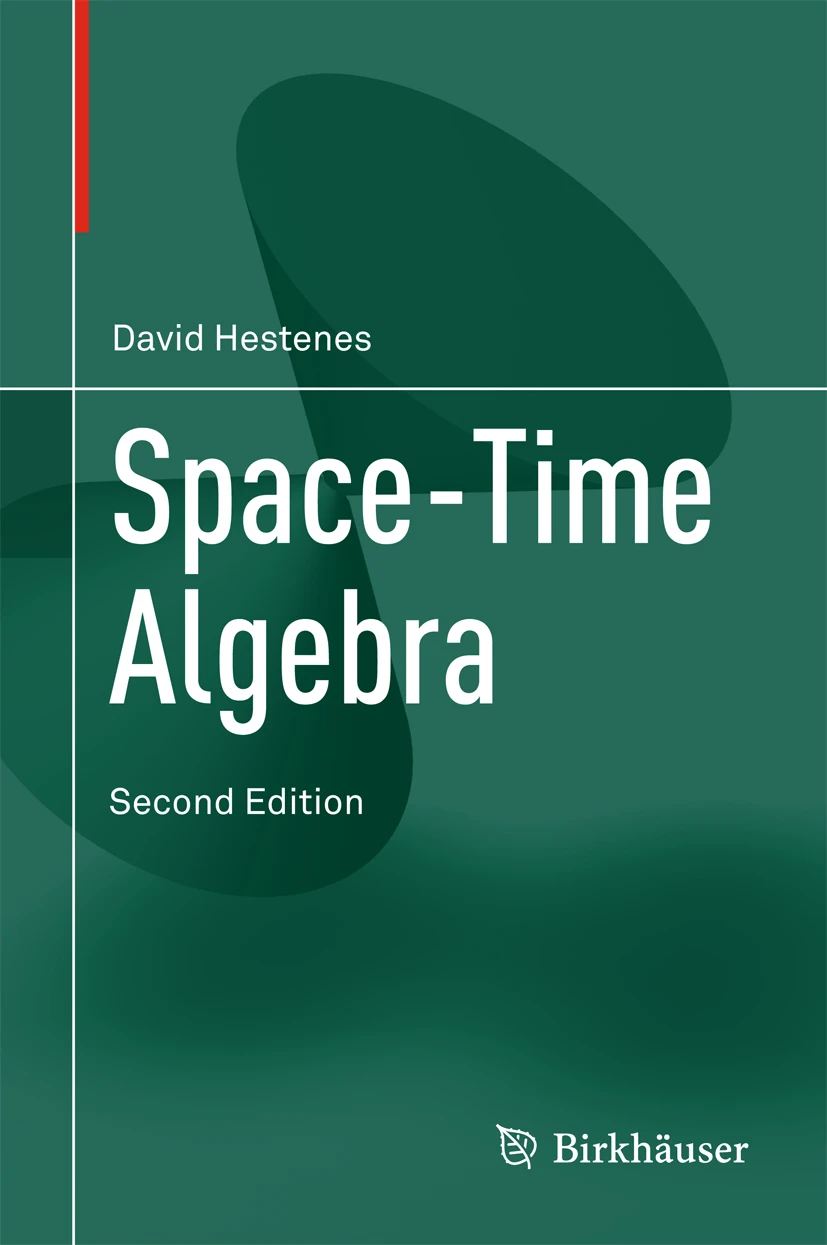
Space-Time Algebra
Author: David Hestenes
Description: This book provides an excellent overview of Clifford Algebras and Spinors. The concepts covered are particularly useful for those who want a deeper understanding of relativistic quantum mechanics, and the Dirac equation.
Difficulty level: Beginner
Tags: Quantum Mechanics, Special Relativity
Introduction to Quantum Mechanics
Author: David J. Griffiths, Darrell F. Schroeter
Description: A standard resource for those looking to learn Quantum Mechanics. Is best read in combination with "Making Sense of Quantum Mechanics" by Jean Bricmont.
Difficulty level: Beginner
Tags: Quantum Mechanics
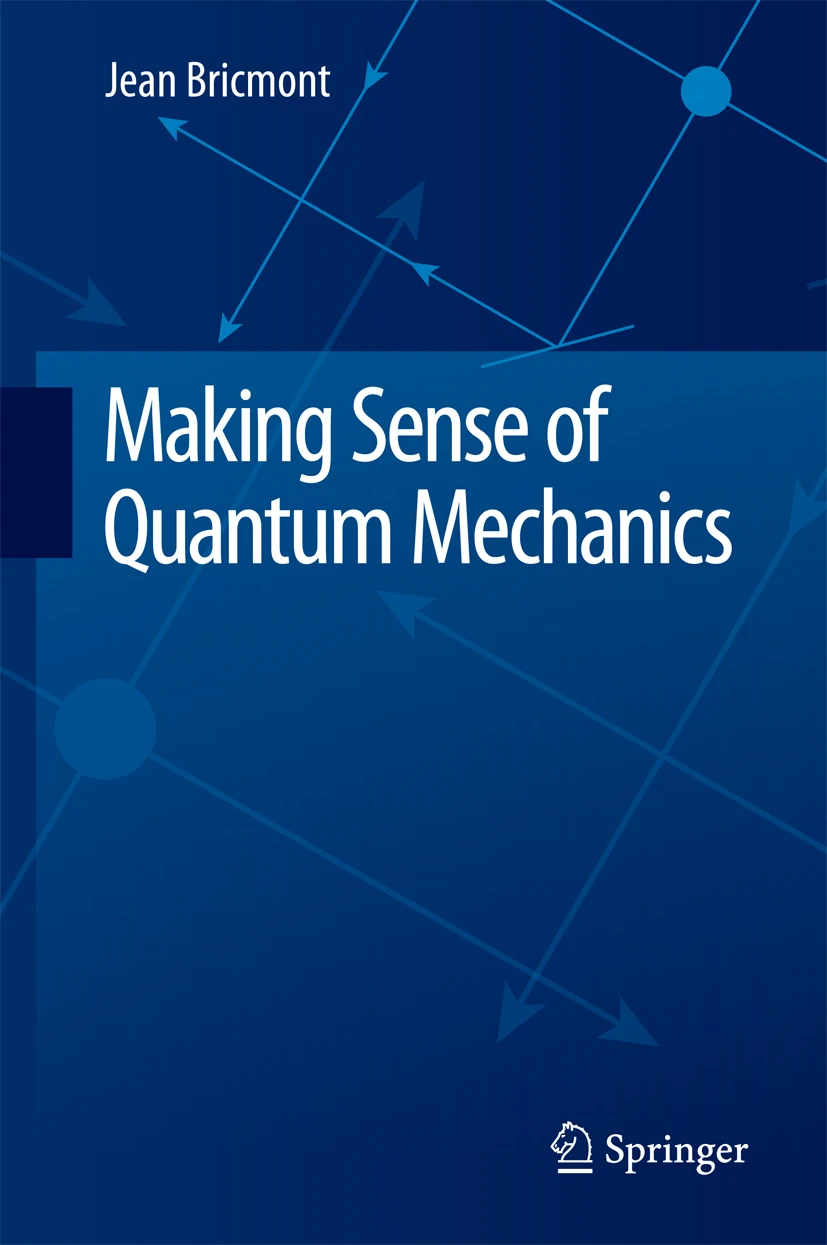
Making Sense of Quantum Mechanics
Author: Jean Bricmont
Description: This is "the" book to learn Bohmian Mechanics. It provides an excellent and humorous account of the serious conceptual issues one faces when learning "Orthodox" Q.M, and explains how some of these issues are not the fault of the reader, but are instead deep flaws in the theory itself.
Difficulty level: Beginner
Tags: Quantum Mechanics, History of Physics
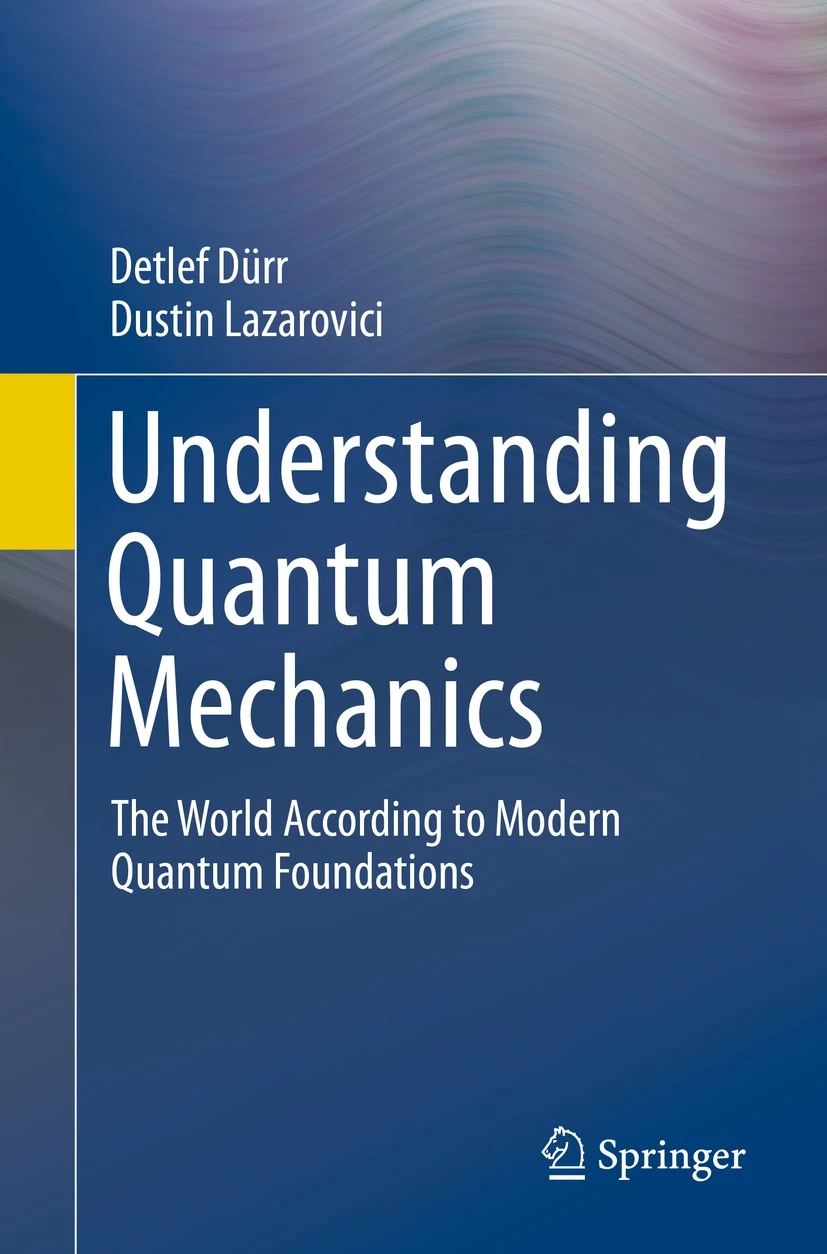
Understanding Quantum Mechanics
Author: Detlef Dürr , Dustin Lazarovici
Description: If you liked "Making Sense of Quantum Mechanics" then this is a fantastic follow-up.
Difficulty level: Beginner-Intermediate
Tags: Quantum Mechanics, History of Physics
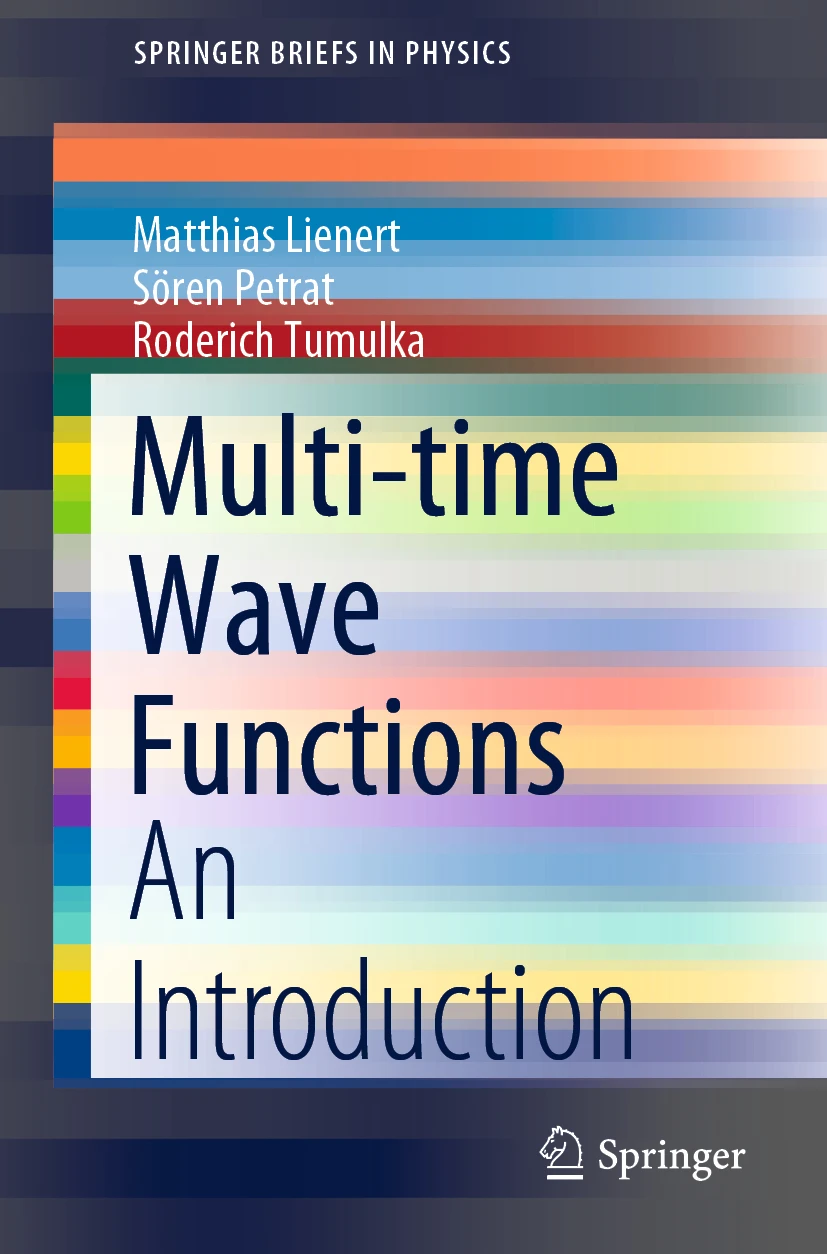
Multi-time Wave Functions
Author: Matthias Lienert , Sören Petrat , Roderich Tumulka
Description: A fantastic introduction to Multi-time Wave Functions. Necessary for those who wish to study the dynamics of multi-particle quantum systems in a relativistic setting.
Difficulty level: Intermediate
Tags: Quantum Mechanics, Special Relativity
Quantum Theory, Groups and Representations:An Introduction
Author: Peter Woit
Description: This nearly 600 page textbook is mathematical physics at its finest.
Difficulty level: Expert
Tags: Quantum Mechanics, Representation Theory
PDE/Geometry Textbooks
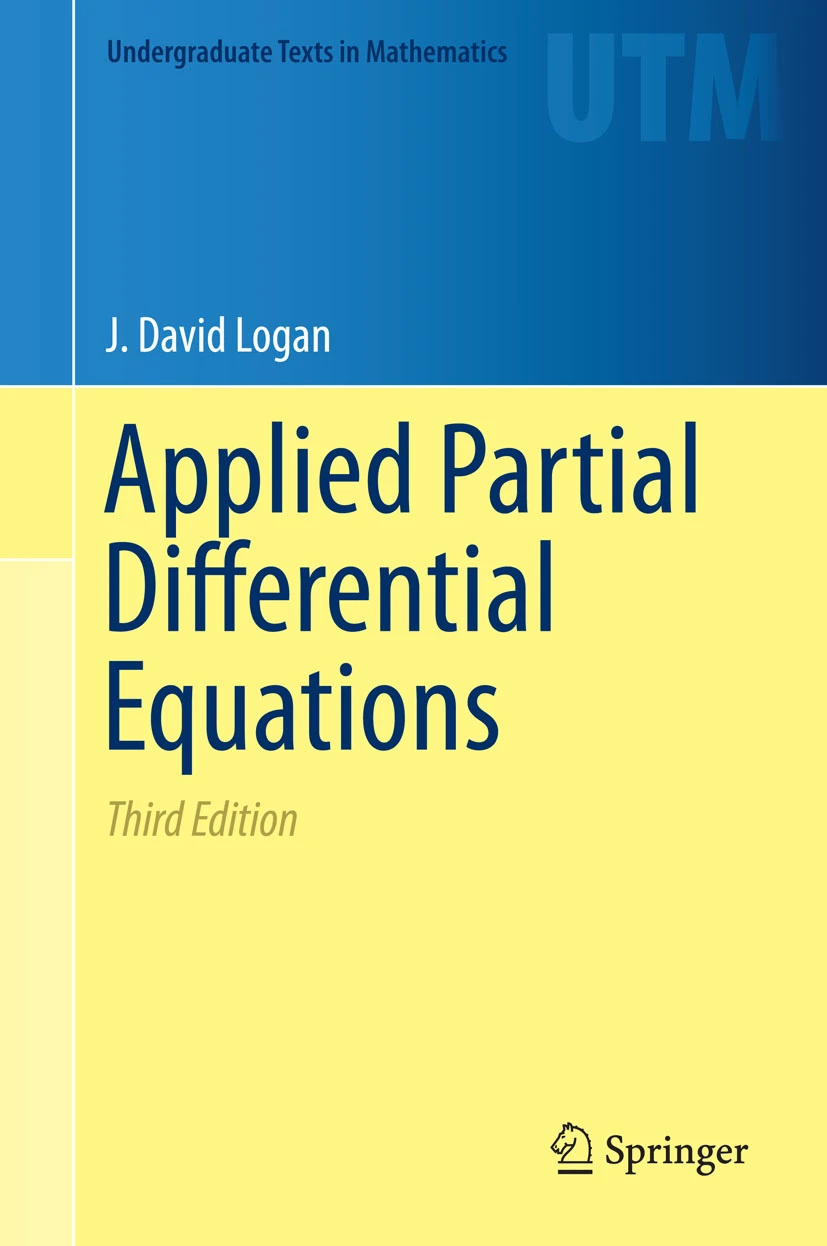
Applied Partial Differential Equations
Author: J. David Logan
Description: This textbook gives a fair introduction into the realm of partial differential equations and their applications to physics. Chapters 1 and 2 offer the reader all the tools and intuition they need to begin tackling physics in 1 space dimension
Difficulty level: Beginner
Tags: Partial Differential Equations
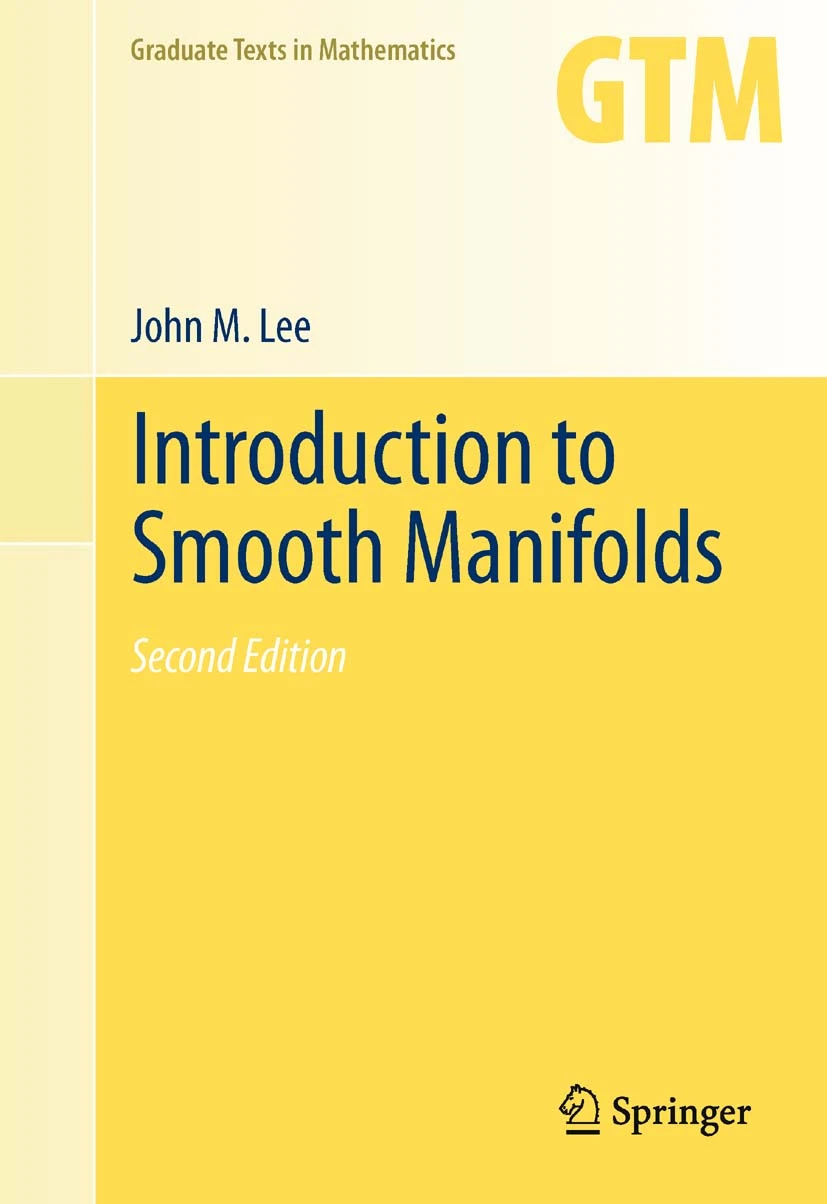
Introduction to Smooth Manifolds
Author: John M. Lee
Description: This text offers a wonderful introduction to the realm of Manifold theory and Differential Geometry. Although it is considered a "Beginner" level textbook, there is so much to learn, so it may take a while to get through.
Difficulty level: Beginner
Tags: Differential Geometry
Relativistic Mechanics Papers

Intro to Relativistic Particle Mechanics
Authors: Lawrence Frolov
Description: Originally written as a class project, this paper has been reformatted as an introductionary text for undergraduates looking to research joint particle-field evolutions. Almost every paragraph introduces a new concept which will challenge your Galilean intuitions, and your hand is not particularly held. The goal is to give you exactly enough information that you need in order to get through the material, but nothing more, with the intent being that every new thing you learn and every epiphany you have is completely the result of your own hard work. In this way, it not only offers an introduction to the relevant material you need to perform your research, but also an introduction to what it feels like to do research. It is recommended that you read through this with a friend, and ask frequent questions.
Difficulty level: Beginner-Intermediate
Tags: Special Relativity, Classical Field Theory
On the Joint Evolution Problem for a Scalar Field and its Singularity
Authors: Aditya Agashe, Ethan Lee, A. Shadi Tahvildar-Zadeh
Description: An undergraduate accessible paper studying the joint evolution problem of a scalar field and its singularity in one space dimension.
Difficulty level: Beginner
Tags: Special Relativity, Classical Field Theory
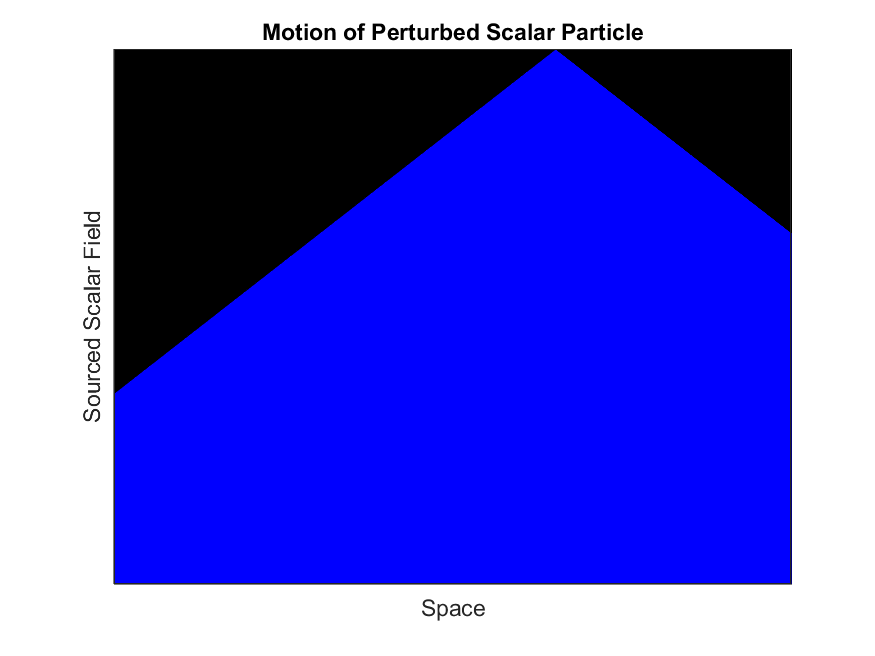
Joint evolution of a Lorentz-covariant massless scalar field and its point-charge source in one space dimension
Authors: Lawrence Frolov, Samuel Leigh, A. Shadi Tahvildar-Zadeh
Description: A more in-depth paper studying the joint evolution problem of a scalar field and its singularity in one space dimension.
Difficulty level: Beginner-Intermediate
Tags: Special Relativity, Classical Field Theory
General relativity in (1 + 1) dimensions
Authors: A D Boozer
Description: This delightful paper offers an introduction to the theory of General Relativity in 1 space, 1 time dimension. It is especially useful for undergraduate students looking to learn General Relativity in the simplest setting.
Difficulty level: Beginner
Tags: General Relativity, Classical Field Theory
The force on a point charge source of the classical electromagnetic field
Authors: Michael K.-H. Kiessling
Description: This paper acts as foundation for many others written by our research group. It describes the issues one encounters when trying to define a well-posed force law for point singularities (i.e particles) in classical electromagnetism, and proposes that one should derive such force laws from the principle of energy-momentum conservation.
Difficulty level: Beginner-Intermediate
Tags: Special Relativity, Classical Field Theory
The motion of point particles in curved spacetime
Authors: Eric Poisson, Adam Pound, Ian Vega
Description: This review covers the current mainstream approach towards joint evolution problems in curved spacetime.
Difficulty level: Intermediate-Expert
Tags: General Relativity, Classical Field Theory
Radiation reaction in higher-order electrodynamics
Authors: Vu Hoang; Maria Radosz; Angel Harb; Aaron DeLeon; Alan Baza
Description: This paper is marked one of the first success's of our program towards a well-posed theory of particles and fields jointly evolving in three space dimensions. It studies the joint evolution of electromagnetic fields and their singularities in context of BLTP's theory of electromagnetism, a higher order modification of Maxwell's theory.
Difficulty level: Intermediate-Expert
Tags: Special Relativity, Classical Field Theory
Weak second Bianchi identity for static, spherically symmetric spacetimes with timelike singularities
Authors: Annegret Burtscher, Michael K-H Kiessling and A Shadi Tahvildar-Zadeh
Description: The (twice-contracted) second Bianchi identity is a differential curvature identity that holds on any smooth manifold with a metric. In the case when such a metric is Lorentzian and solves Einstein's equations with an (in this case inevitably smooth) energy–momentum–stress tensor of a 'matter field' as the source of spacetime curvature, this identity implies the physical laws of energy and momentum conservation for the 'matter field'. The present work inquires into whether such a Bianchi identity can still hold in a weak sense for spacetimes with curvature singularities associated with timelike singularities in the 'matter field'. Sufficient conditions that establish a distributional version of the twice-contracted second Bianchi identity are found. In our main theorem, a large class of spherically symmetric static Lorentzian metrics with timelike one-dimensional singularities is identified, for which this identity holds.
Difficulty level: Expert
Tags: General Relativity
QM Papers
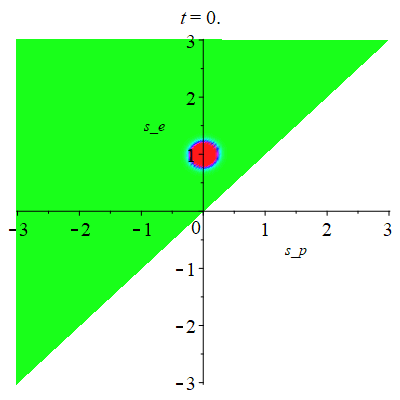
A Lorentz-covariant interacting electron–photon system in one space dimension
Authors: Michael K.-H. Kiessling, Matthias Lienert & A. Shadi Tahvildar-Zadeh
Description: The founding paper for one of our research group's main projects: The Compton Project. In this paper, the authors show how restricting the domain of the two-body wavefunction for an electron-photon system causes an effective interaction between the two particles. The interaction is derived in the form of a boundary condition induced by probability conservation. In the simplest of terms, this interaction is effectively a bouncing mechanism between the two particles. But the paper talks about a lot more, so be sure to give it a read.
Difficulty level: Beginner-Intermediate
Tags: Quantum Mechanics, Special Relativity
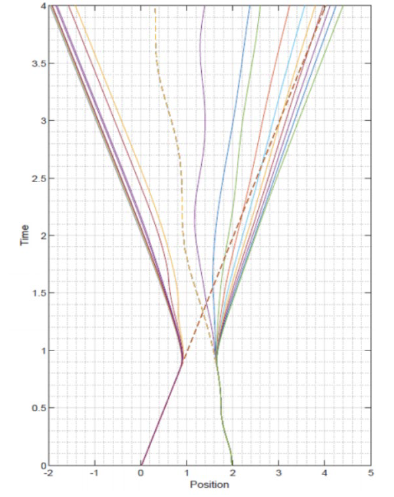
PARTICLE TRAJECTORIES FOR COMPTON SCATTERING IN ONE SPACE DIMENSION
Authors: ADRIANA SCANTEIANU, XIANGYUE WANG
Description: This undergraduate accessible paper analyzes the equations of KLTZ to investigate these photon-electron interactions.
Difficulty level: Beginner
Tags: Quantum Mechanics, Special Relativity
Detection time of Dirac particles in one space dimension
Authors: A. Shadi Tahvildar-Zadeh, Stephanie Zhou
Description: We consider particles emanating from a source point inside an interval in one-dimensional space and passing through detectors situated at the endpoints of the interval that register their arrival time. Unambiguous measurements of arrival or detection time are problematic in the orthodox narratives of quantum mechanics, since time is not a self-adjoint operator. By contrast, the arrival time at the boundary of a particle whose motion is being guided by a wave function through the deBroglie-Bohm guiding law is well-defined and unambiguous, and can be computationally feasible provided the presence of detectors can be modeled in an effective way that does not depend on the details of their makeup.
Difficulty level: Beginner
Tags: Quantum Mechanics, Special Relativity